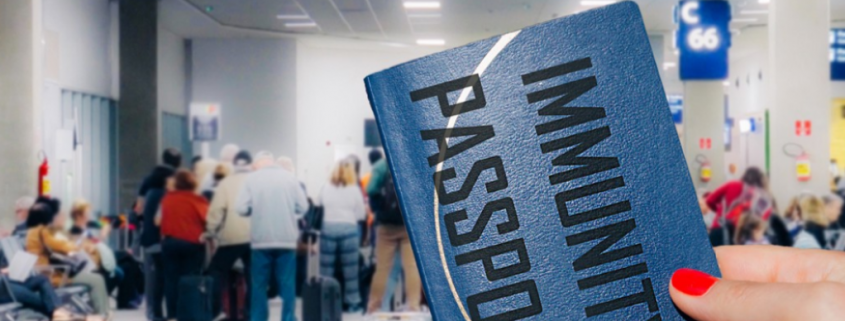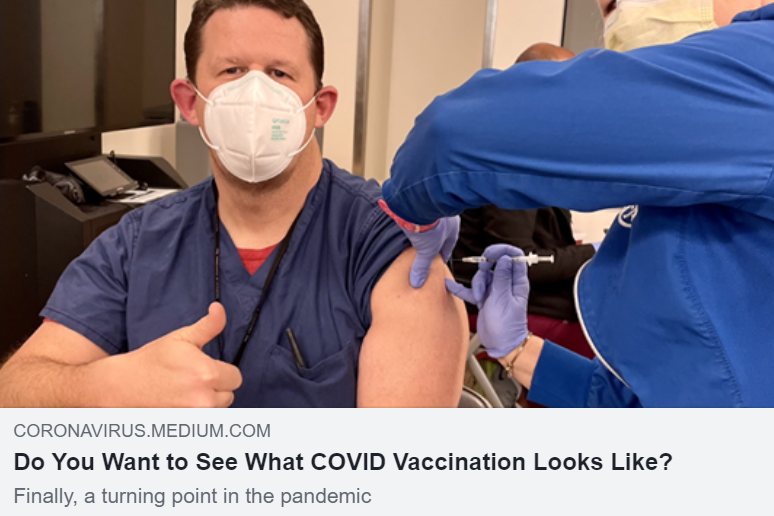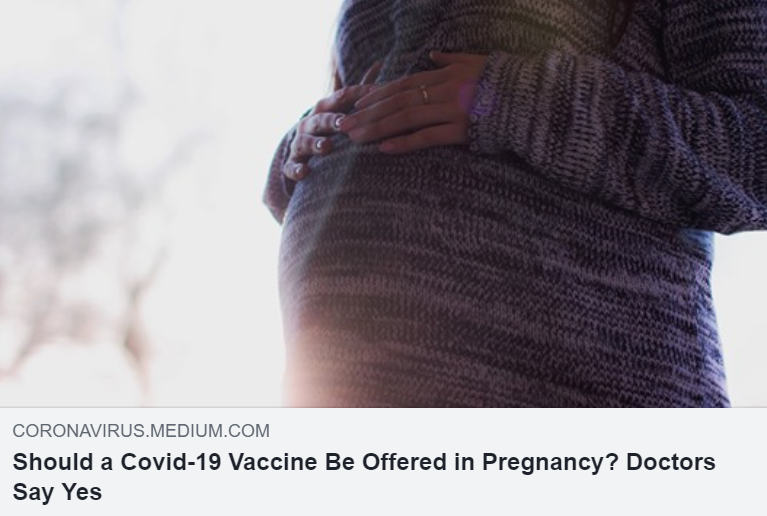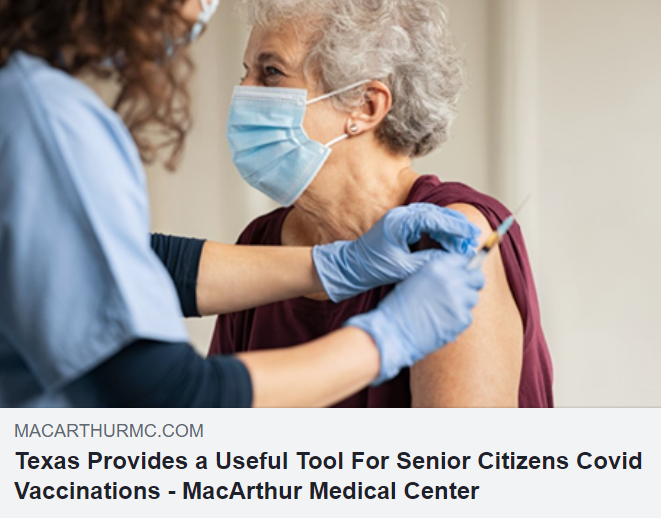Vaccine Refusal Will End When Businesses Start Telling People No
Marketplace solutions, not government actions, will likely get us to herd immunity.
People are worried about Covid-19 vaccine refusal. I am not concerned at all. Don’t stress. People are ready to get their lives back, and the Covid-19 vaccine is the golden ticket to the future.
Fear-mongering news stories hype the question of vaccine hesitancy. Will enough people accept the vaccine to help us reach herd immunity and allow us to get our lives back?
The answer, I think, is yes. People will get vaccinated. Here is why.
Back in April, Emily Mullin wrote an outstanding yet disturbing story covering immunity passports. The basic concept is those who have immunity through a previous infection or vaccine-induced antibody conversion will have a dystopian economic advantage. Her article haunted me from the first time I saw it. If you have not read it, check it out.
Emily Mullin’s story was ahead of its time, but now the reality of immunity passports may be coming to fruition. Humans are ready to return to normalcy, and, like it or not, many private companies are going to require proof of immunity to participate in certain aspects of society.
People express fears and concerns over the vaccine approval process. The safety and efficacy of the currently approved Covid-19 vaccines are highly encouraging. The Food and Drug Administration (FDA) has a strict protocol for vaccine approval. Enough data to qualify for emergency use authorization of the Covid-19 vaccines was made possible because of the substantial $10 billion financial investment combined with the virus’s high prevalence worldwide. The FDA did not rush the vaccine approval. It was well-funded, and there were a massive number of trial candidates.
An effective vaccine is only useful if people get it
Public support for vaccination is already changing. Many workers prefer an employee vaccination mandate. This CNBC poll shows the rapidly changing public perceptions.
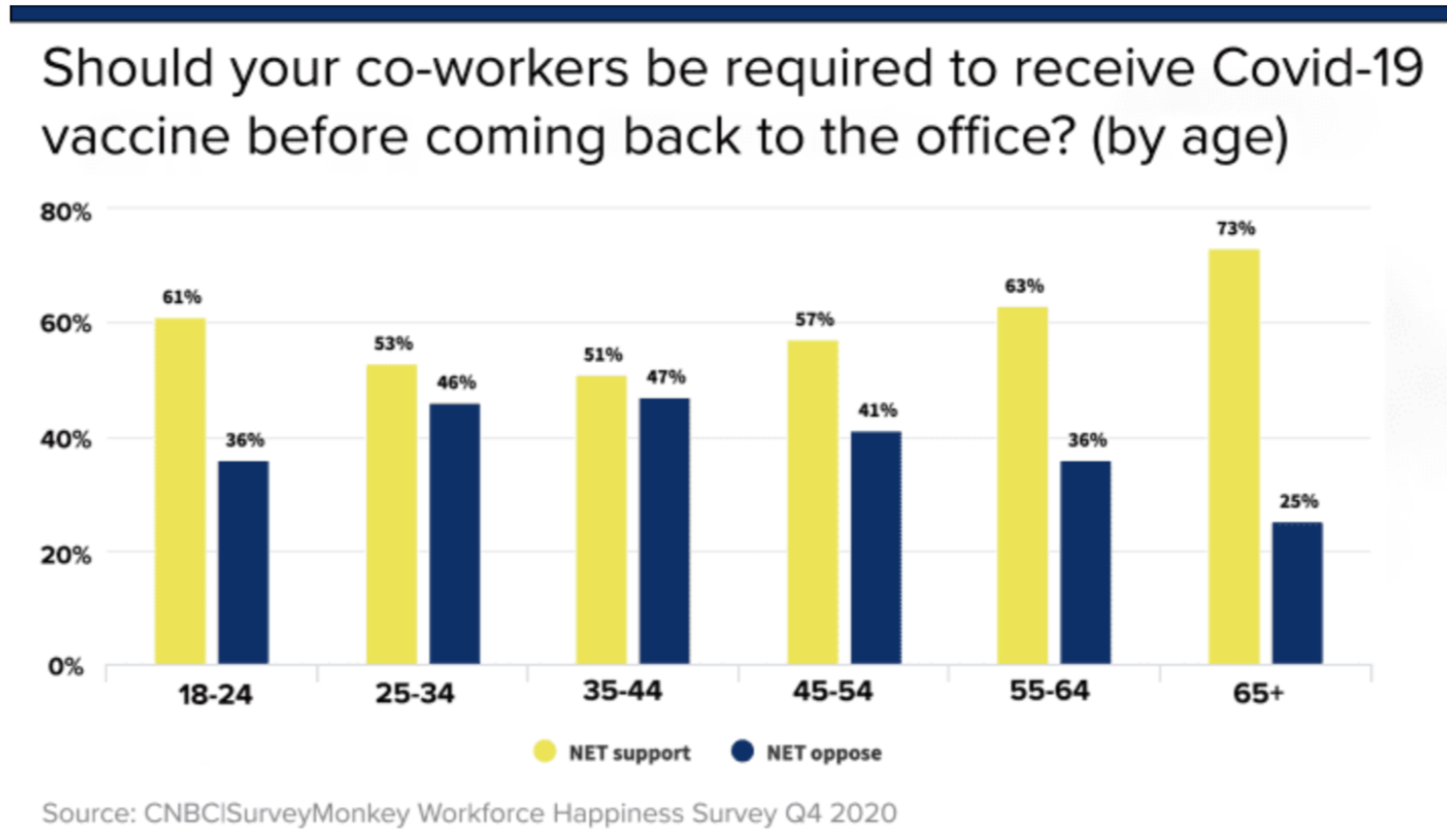
Technology adoption curves
Vaccine acceptance will most likely follow a typical technology adoption curve. New technology adoption often follows a bell curve pattern.
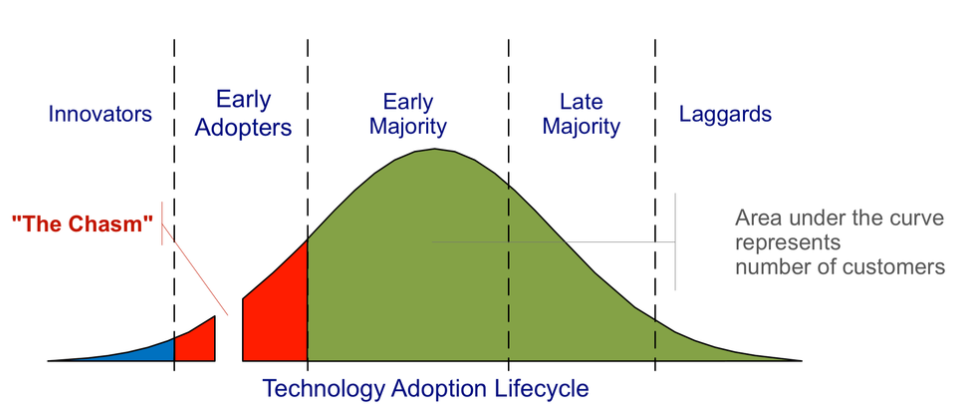
With the Covid-19 vaccine, the innovators are the health care workers. Doctors and nurses celebrated vaccination day and shared the moment on social media. Here, is the video of when I received mine.
Senior citizens and those with medical conditions represent the early adopters. This group is classified as 1B. Qualifications vary state by state but generally include those greater than 65 years old or with chronic medical conditions.
In a typical technology adoption curve, the innovators and the early adopters are the driving force. Think of the innovators as those who camp out overnight to buy the latest iPhone. The early adopters are those preordering online.
Once enough of the innovators and early adopters provide feedback and excitement over new technology, we reach “the chasm.” At this point, the bell curve starts to take shape. The new technology “catches on” and begins to reach the early majority.
Private industry is likely going to be the driving force to move us past the chasm and into the widening breadth of the bell curve leading to widespread vaccine adoption.
Recent Equal Employment Opportunity Commission guidance indicates employers may mandate vaccination, but government mandates will not be needed. The marketplace will solve the problem of vaccine adoption.
Qantas Airways CEO Alan Joyce reported in an article in Forbes his plans to restrict airline travel to those who have been vaccinated or have documented immunity. During a CNBC interview, Live Nation CEO hinted at the potential for immunity documentation before issuing tickets to concerts and sporting events. Ticketmaster released a vague but clarifying statement on their website, stating “We are exploring a number of safety features for event organizers to utilize as they look to welcome fans back to events.”
Employers will be motivated to encourage Covid-19 vaccine compliance to avoid lost workdays, reduce remote working, and prevent increases in health insurance premiums.
During a recent Yale Chief Executive Leadership Institute poll at a virtual summit, 72% of current and recent CEOs of major companies signaled an openness to vaccine mandates. Companies participating in the Yale summit include important players such as Walmart, Goldman Sachs, and eBay.
The world may not be ready to accept the reality that immunity passports are in our near future. Nadhim Zahawi, the British minister responsible for the vaccine rollout, suggested immunity requirements for British pub admission. He received negative social medial feedback requiring a walk-back statement.
Emily Mullin’s prediction for a future of immunity passports is likely coming. The Commons Project, the World Economic Forum, and a broad coalition of public and private partners developed the CommonPass app. Soon, this app will allow iOS and Android users to share their lab results and vaccination records. Several airlines have expressed interested in evaluating the option.
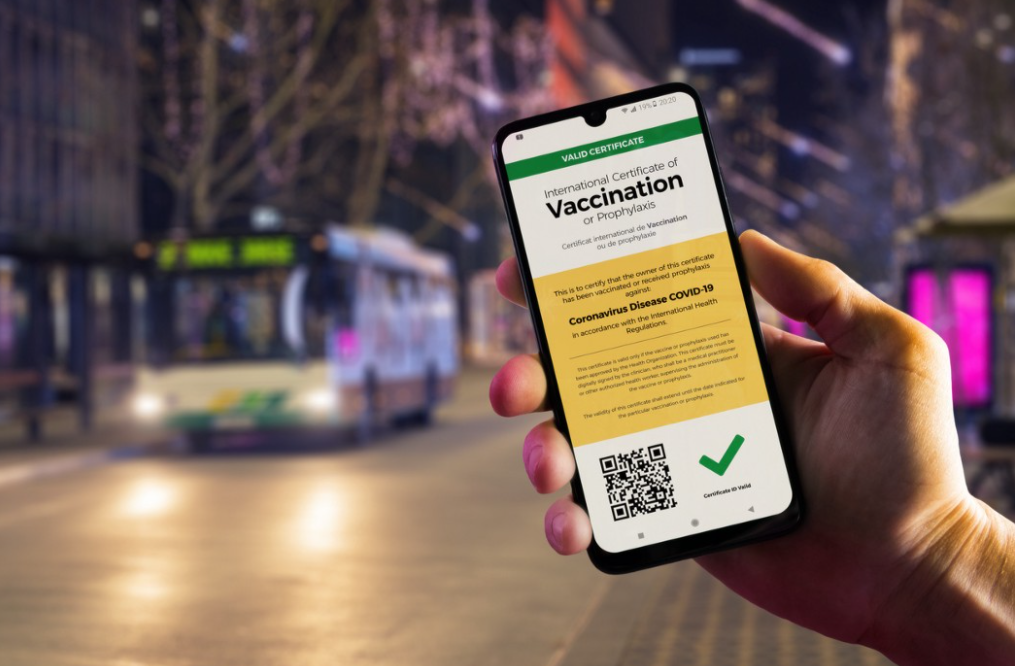
As the vaccine rollout improves, permitting widespread access, we will cross the technology adoption curve. The majority of the public will choose vaccination. In the end, it may not be science or government mandates that push us to herd immunity.
We will reach herd immunity because people want their lives back.
Thank you Medium Coronavirus Blog for publishing this article on Medium.
Blog Author: Dr. Jeff Livingston
Main Blog Photo By: BrasilNut1 Istock by Getty

